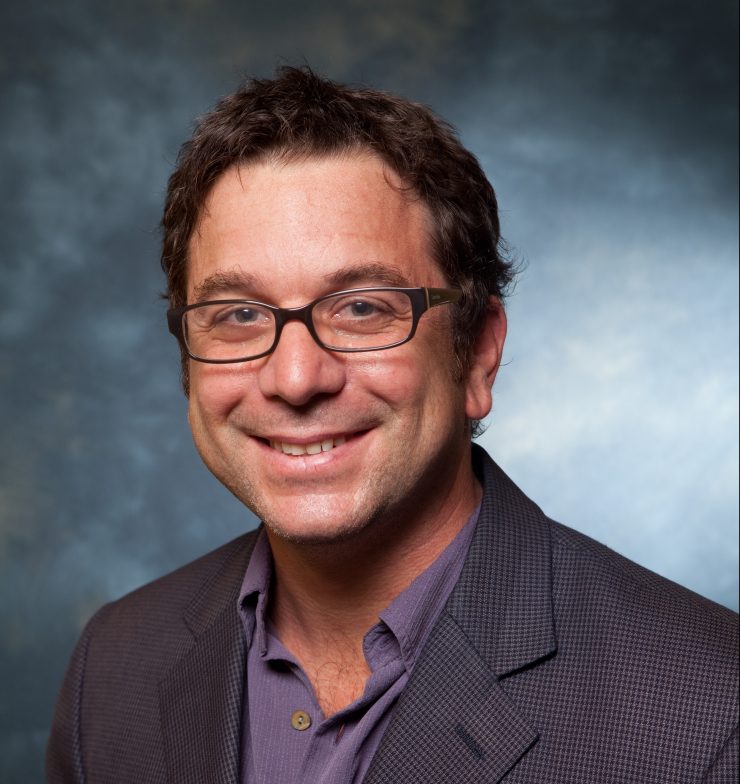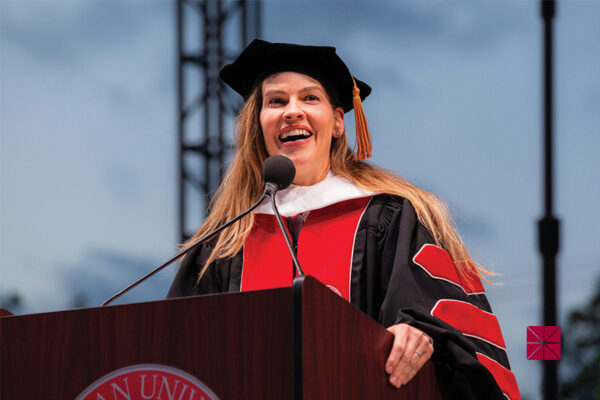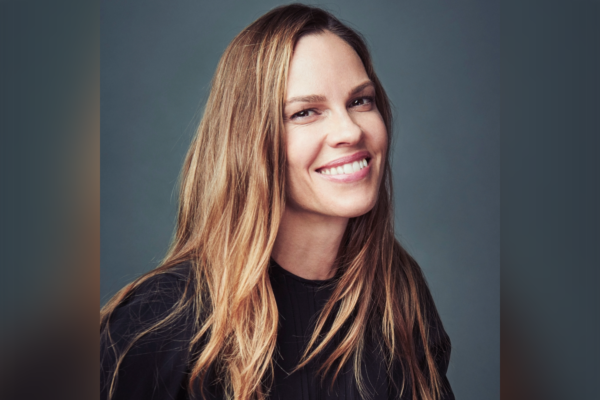PRESS CONTACT:
Amy Stevens
Director of Public Relations
amstevens@chapman.edu
(657) 390-6760
As we enter another round of lockdowns due to COVID, many self-help experts have shared their general tips for staying resilient but Chapman University Professor and Licensed Clinical Psychologist, Dr. David Pincus, doesn’t believe in simple, one-size-fits all answers. “Everyone to focus on answers, but first you’ve got to know which questions to ask yourself.”
While journaling, positive self-care and mindfulness are fine things for people to do, nothing is a cure-all. Dr. Pincus’s research aims to understand the psychological processes that we all have in common and the uniqueness of how these processes function for each individual. For some people, accessing feelings is exactly what they need; for others, it could be a disaster; and sometimes it could be both, even for the same person, depending on time and circumstance.
How do we know what we need at any given time and situation? This is the first of many important questions we should be asking ourselves in stressful and uncertain times. Once we understand resilience comes from a combination of psychological flexibility and coherence, the unique answers each of use needs becomes much easier to figure out.
What are some of the paradoxes, traps, and pet peeves about resilience during a pandemic?
- Pandemic over-achieving
- The necessity, and challenge, of “lowering the bar”
- The fact that strength often comes from vulnerability
- The pressures that come from doing less
- The mixed bag of technology
How resilient you are isn’t typically dependent on how much work or effort you put into coping. Resiliency changes over time, on its own. We get stretched, we form new connections while trimming others, and we bounce back. When we become aware of these processes, and we know what we need in each phase of these dynamics, we can become more resilient. This pandemic is an ideal time to learn more about how each of us really works by asking ourselves better questions.
Dr. Pincus’ research focuses on using methods from nonlinear dynamic systems to understand human resilience, a scientific paradigm in which the changes to the outputs of a system are not necessarily proportional to changes to inputs. In other words, small changes can make a big difference while big changes can make no difference. From this perspective, several types of resilience make sense within a single framework, such as: robustness, grit, meta-flexibility, multi-flexibility and anti-fragility (e.g., post-traumatic growth).
Dr. Pincus’ scientific studies have examined resilience in the dynamics of biological, psychological and social processes, including: social physiology, menopause, personality, relationship satisfaction, and small group dynamics. The general takeaway: structure matters, and each individual or relationship has its own unique structure at any given point in time. And yet, there are common features to how biopsychosocial structures organize themselves, grow and develop.
To speak to Dr. Pincus about his research and what questions people should be asking themselves, please contact Amy Stevens at amstevens@chapman.edu.




